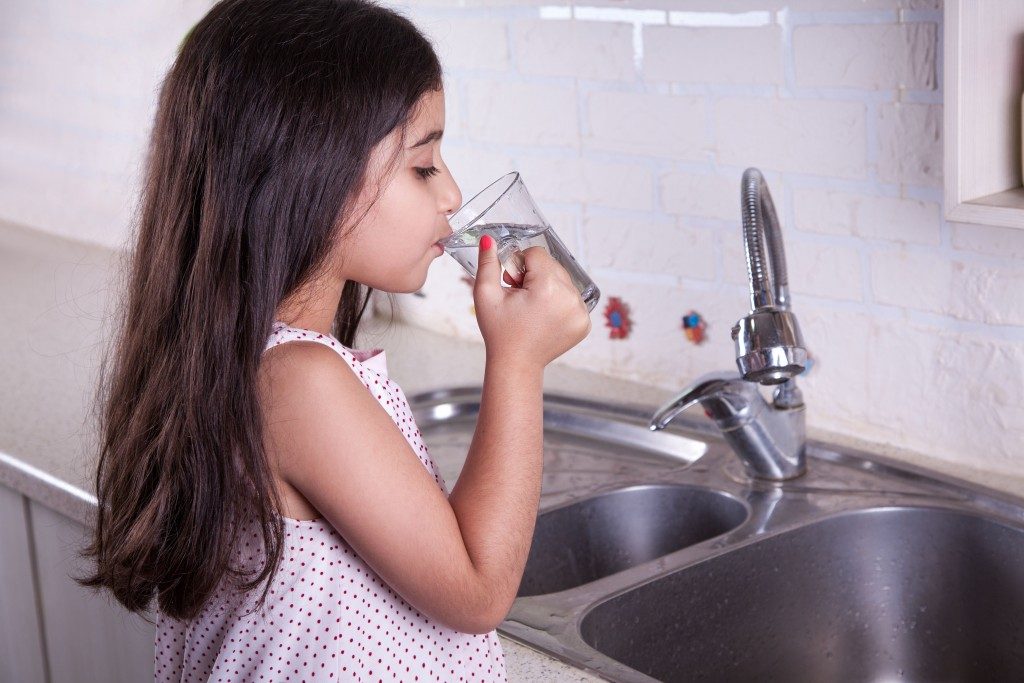 Recycling grey water can help reduce pressure on scarce water resources. However, you should collect, store and use this waste water correctly. Here are five don’ts to remember when reusing your grey water:
Recycling grey water can help reduce pressure on scarce water resources. However, you should collect, store and use this waste water correctly. Here are five don’ts to remember when reusing your grey water:
Don’t neglect your grey water system
Grey water systems for homes vary in their complexity and maintenance requirements. Regardless of the system you want, have a licensed plumber install it. After installation, you should regularly check if the system is working correctly.
Don’t store untreated grey water for extended periods
If you don’t intend to treat your waste water, you need to use it quickly. If you decide to store untreated grey water, you must use it within 24 hours. Otherwise, the waste water will begin to putrefy. The bacteria in the water will start feeding on organic solids, leading to rapid degradation and contamination of the water.
Don’t use untreated grey water to water fruits, herbs, and vegetables
You can use grey water to water your plants. The plants will absorb the organic materials in the water, reducing the need to treat the water. However, you should not use this waste water to water fruits or herbs and vegetables that you either eat raw or partly cooked.
Don’t allow animals to drink grey water
Grey water is non-toilet waste water. Still, the water may contain pathogens and chemicals that may pose some health and environmental risks. Accordingly, the water is best for non-potable applications. Do not let your pets ingest this water.
Don’t irrigate with warm grey water
Grey water is often discharged hot or warm. It is, therefore, important to store the waste water for a while before using it for irrigation purposes. Hot water may kill beneficial micro-organisms in the soil.
Untreated or poorly managed household grey water can pose some hazards to people and plants. Accordingly, you need to reuse your waste water appropriately. Adhere to the best practices of grey water recycling to ensure the safety of your family, pets and plants.

